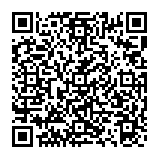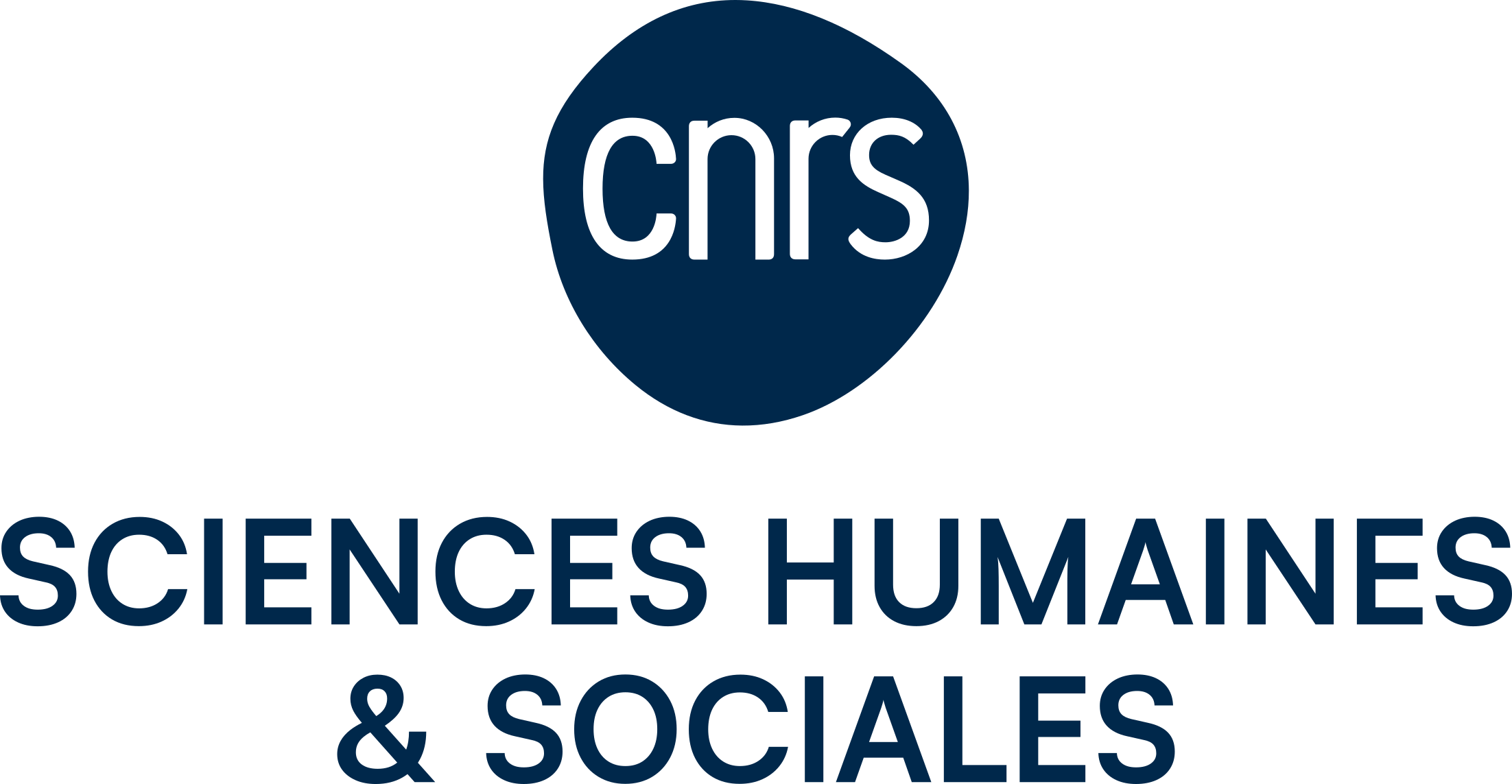07/03/19 - 16h30 - CPAFO en salle 314
jeudi 7 mars 2019, par
Stephens (2018) : L’analyse socio-culturelle, qu’est ce que c’est ?
« La table ronde CPAFO se réunit à nouveau, mais autour d’une table carrée »
Elle aura lieu le Jeudi 7 mars à 16h30 en salle 314.
| Date : | 07 Mars 2019 |
|---|---|
| Heure : | 16h30 - 17h30 |
| Lieu : | Salle 314, bâtiment Paul Collomp |
Cette semaine, nous accueillerons Nicole Stephens et en profiterons pour discuter de la pertinence de "l’analyse socioculturelle", qui caractérise le courant de recherche initié par Hazel Markus et Shinobu Kitayama en psychologie sociale expérimentale et dont elle est une des meilleures représentantes.
Nous engagerons la discussion à partir d’un éditorial que N. Stephens a publié dans le New York Times en 2018.
Pour rappel, ce rendez vous est ouvert à tout le laboratoire. Il se tient les premiers et troisièmes jeudis de chaque mois au laboratoire et au bar le Carnot, en fin d’après midi.
À jeudi pour cette nouvelle édition !
Ressources supplémentaires
Stephens, Hamedani, Markus, Bergsieker & Eloul (2009)
Titre : Why did they "choose" to stay ? Perspectives of Hurricane Katrina observers and survivors.
Journal : Psychological Science, 20(7)
Abstract
Models of agency—powerful implicit assumptions about what constitutes normatively “good” action—shaped how observers and survivors made meaning after Hurricane Katrina. In Study 1, we analyzed how 461 observers perceived survivors who evacuated (leavers) or stayed (stayers) in New Orleans. Observers described leavers positively (as agentic, independent, and in control) and stayers negatively (as passive and lacking agency). Observers’ perceptions reflected the disjoint model of agency, which is prevalent in middle-class White contexts and defines “good” actions as those that emanate from within the individual and proactively influence the environment. In Study 2, we examined interviews with 79 survivors and found that leavers and stayers relied on divergent models of agency. Leavers emphasized independence, choice, and control, whereas stayers emphasized interdependence, strength, and faith. Although both leavers and stayers exercised agency, observers failed to recognize stayers’ agency and derogated them because observers assumed that being independent and in control was the only way to be agentic.

depuis votre smartphone




